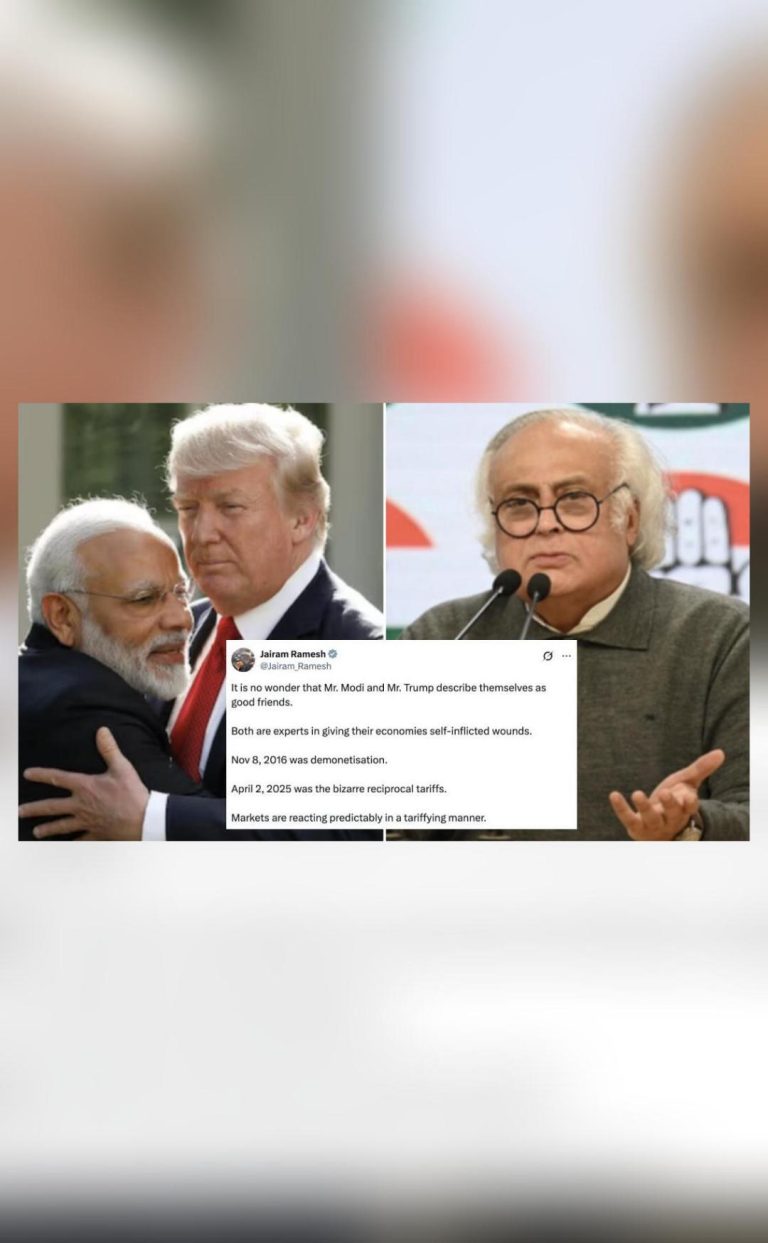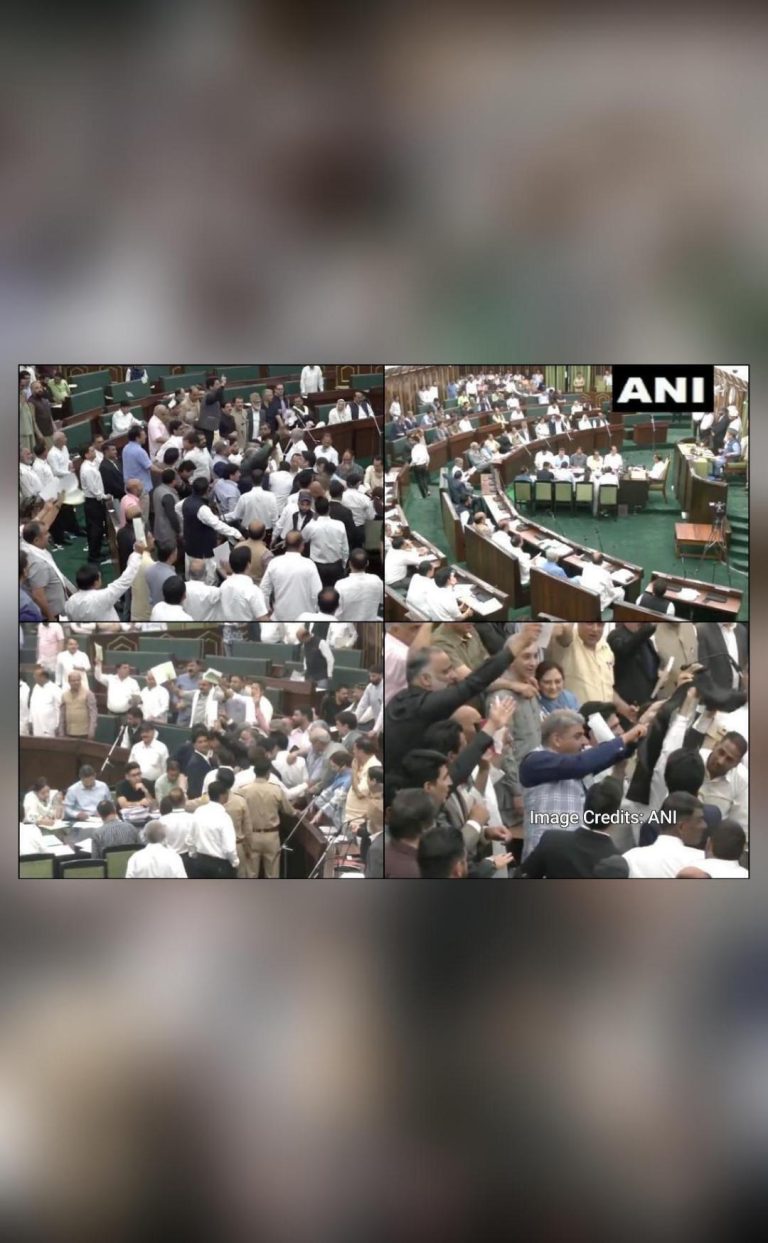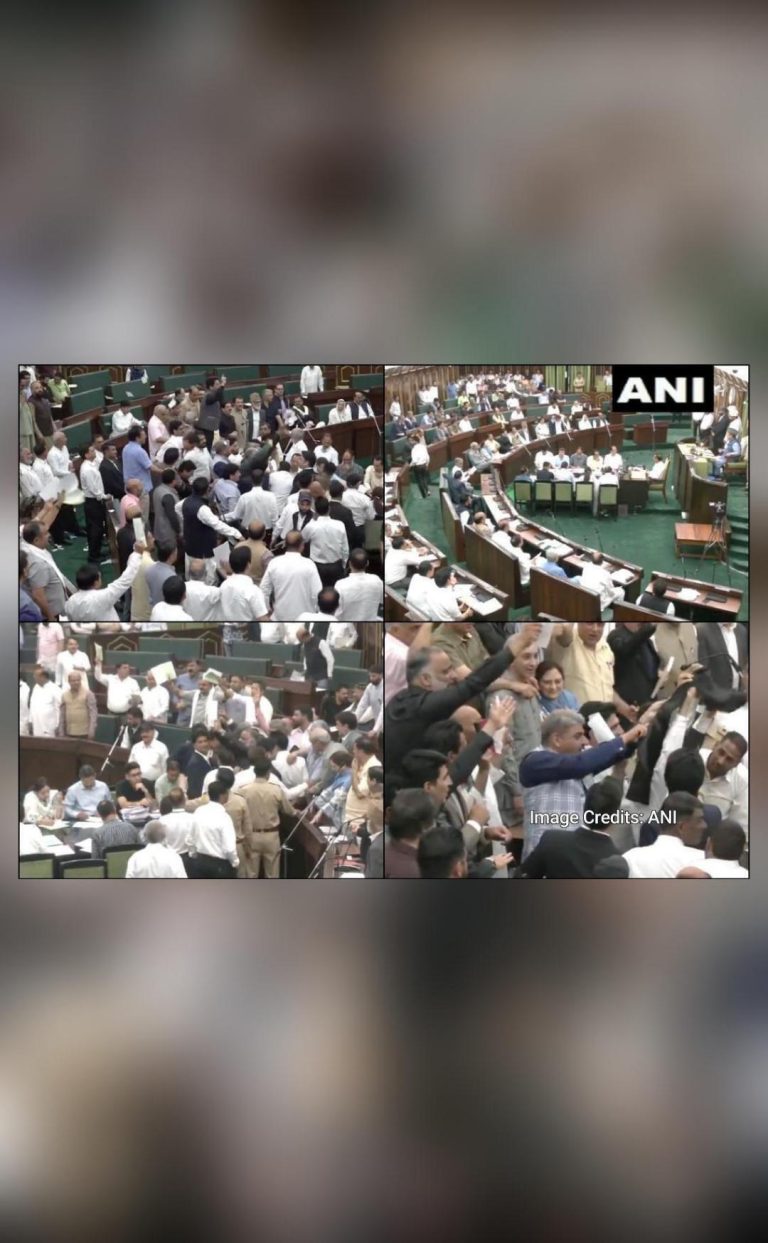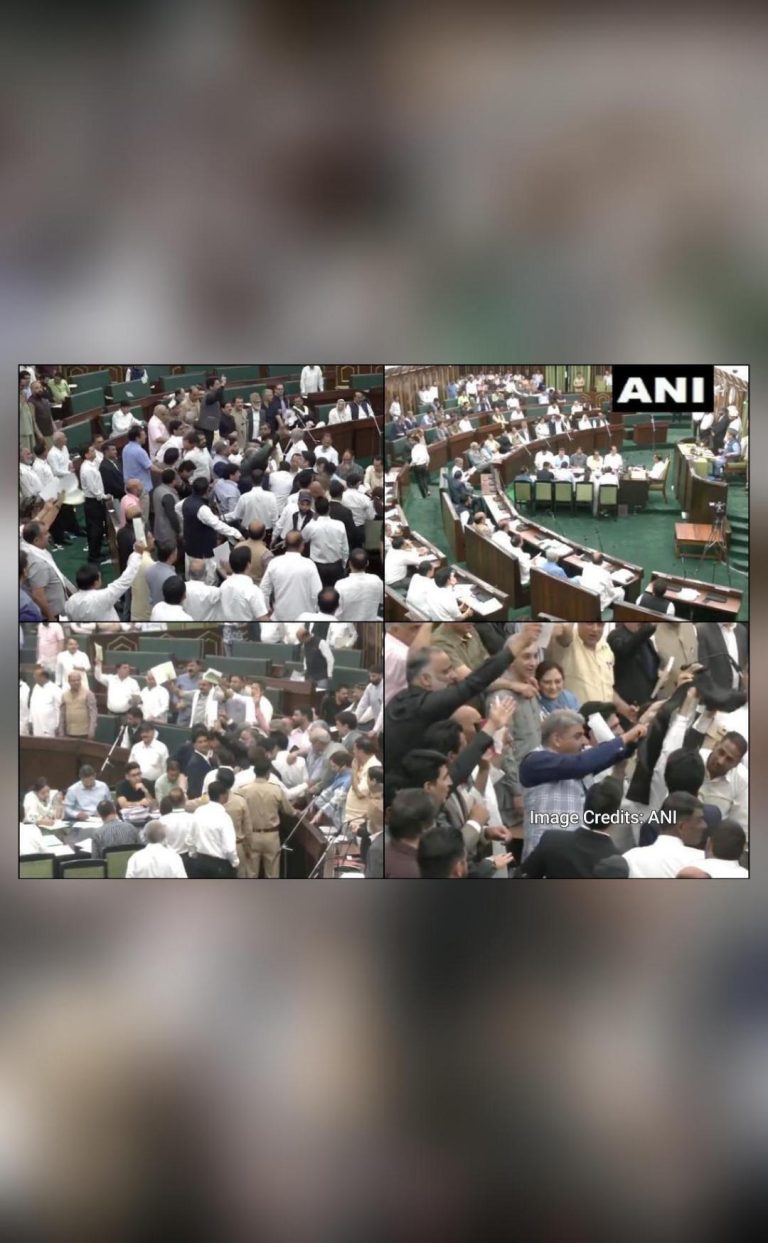
Modi & Trump Giving Their Economies Self-Inflicted Wounds: Jairam
The global markets witnessed a massive crash recently, with the Sensex opening over 3,900 points lower and the Nifty opening over 1,000 points below. This sudden plunge in the stock market was triggered by the White House’s announcement of tariffs, which sent shockwaves across the world. In the aftermath of this crisis, Congress leader Jairam Ramesh lashed out at Prime Minister Narendra Modi and US President Donald Trump, stating that they are “experts in giving their economies self-inflicted wounds.”
Ramesh’s comments were made in reference to the close friendship between Modi and Trump. The two leaders have consistently praised each other, with Modi describing Trump as a “good friend” and Trump reciprocating the sentiment. However, Ramesh believes that their actions are not only damaging their own economies but also creating instability globally.
The crisis in the global markets was sparked by the US President’s decision to impose tariffs on steel and aluminum imports from India, Canada, and the European Union. This move was seen as a protectionist measure aimed at shielding American industries from foreign competition. However, the impact of the tariffs was immediate and devastating, with global stocks plummeting and investor confidence taking a massive hit.
Ramesh’s comments were not limited to the US-India trade spat alone. He also criticized the Modi government’s handling of the economy, stating that its policies have been “self-destructive” and “anti-business.” The Congress leader argued that the government’s lack of transparency and accountability has led to a decline in investor confidence, resulting in a slowdown in economic growth.
The Indian economy has been facing challenges in recent times, with growth slowing down to a six-year low. The government’s attempts to boost economic growth through fiscal measures have also been criticized, with many experts arguing that they are unsustainable and will lead to a fiscal crisis in the long run.
Ramesh’s criticism of the Modi government’s economic policies is not new. He has been a vocal critic of the government’s handling of the economy, and has consistently argued that its policies are anti-poor and anti-business. The Congress leader has also been critical of the government’s decision to demonetize high-value currency notes, stating that it has caused immense harm to the economy and has benefited only a select few.
In contrast, Trump’s economic policies have been widely criticized for being protectionist and isolationist. His decision to withdraw the US from the Trans-Pacific Partnership (TPP) and the Paris Climate Accord has been seen as a blow to global trade and diplomacy. The US President’s tariff wars with China and other countries have also been criticized for being detrimental to the global economy.
The irony of the situation is that both Modi and Trump have been accused of being protectionist and anti-free trade. Their policies have been criticized for being harmful to the global economy and for creating instability in the markets. Yet, despite these criticisms, both leaders have continued to push ahead with their policies, seemingly unconcerned about the impact they may have on their own economies and the global economy as a whole.
In conclusion, Jairam Ramesh’s comments about Modi and Trump giving their economies self-inflicted wounds are a stark reminder of the dangers of protectionism and isolationism. The global economy is complex and interconnected, and the actions of individual countries can have far-reaching consequences. It is essential that leaders take a more nuanced and balanced approach to economic policy, one that prioritizes cooperation and diplomacy over protectionism and isolationism.
As the global economy continues to navigate these uncertain times, it is essential that leaders like Modi and Trump take a step back and reassess their policies. The world cannot afford to be held hostage by the whims of individual leaders, and it is time for a more collaborative and forward-thinking approach to economic policy.
Sources:






